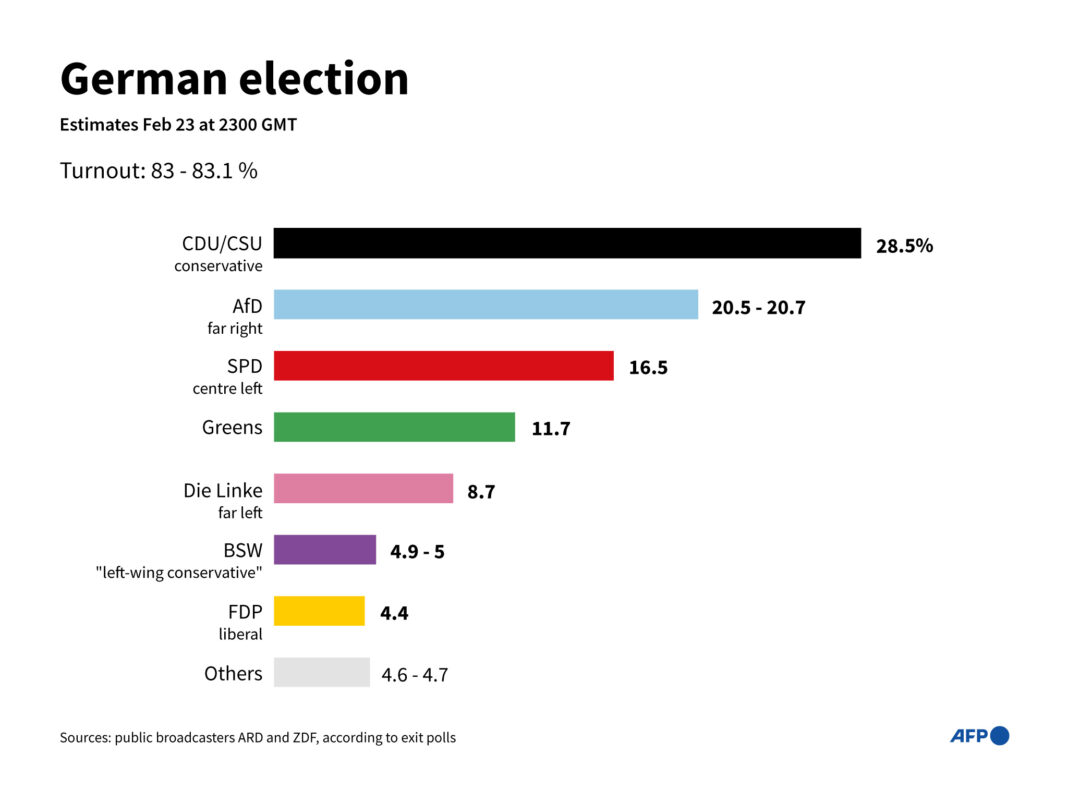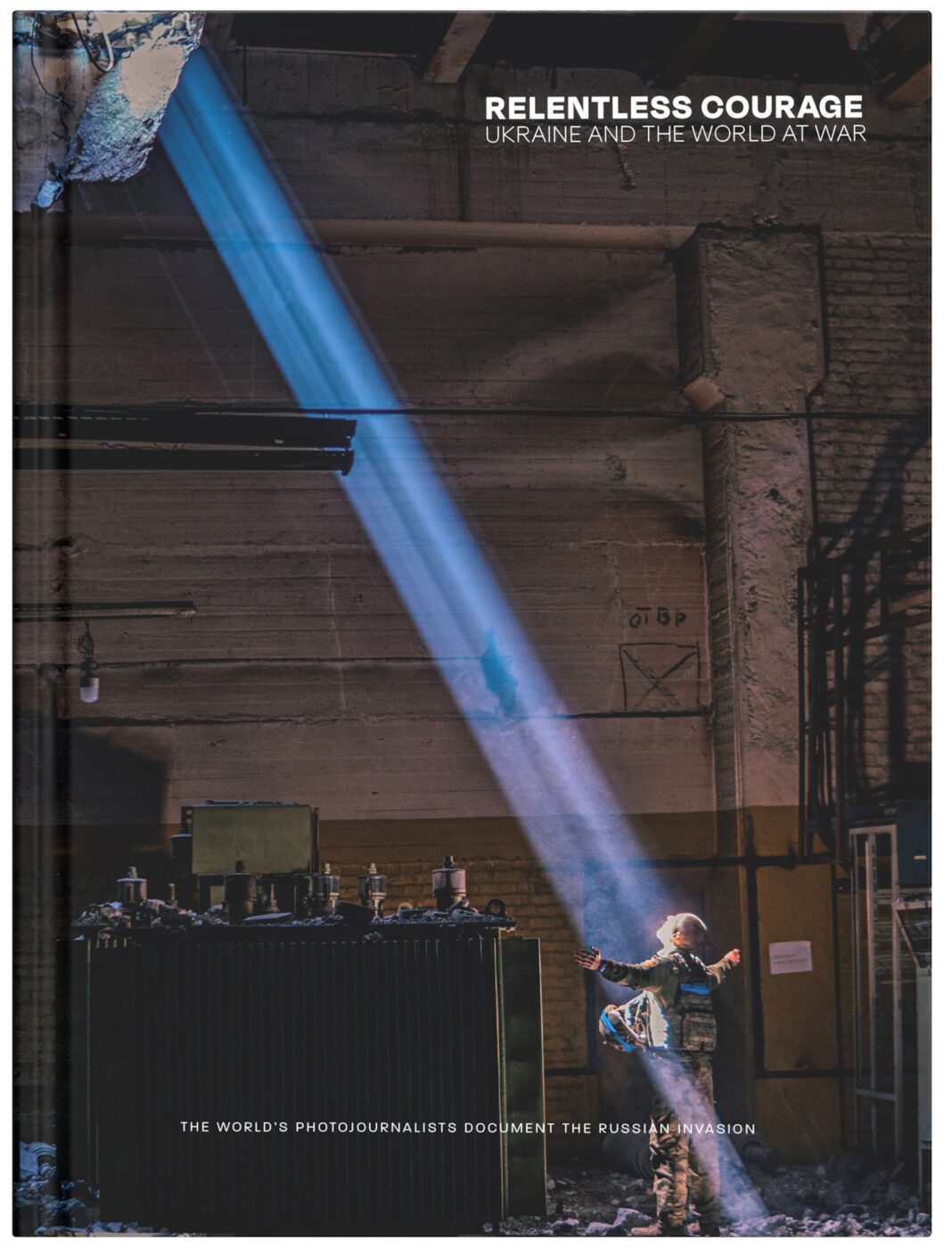Jessica Parker
BBC News
Reporting fromBerlin
Germany is at a crossroads and now for Friedrich Merz the hard work begins.
The point of this election was never just about a nation’s struggle to rediscover its economic mojo or re-evaluate its asylum policy – important as those issues absolutely are.
It’s also about Germany’s ability to become the confident, world power that many of its allies want it to be.
While there are capitals in Europe looking to Berlin for global leadership, within Germany, the priorities are often different.
Merz will now need to balance those demands along with the inevitable compromises that come with coalition building.
His promise to represent everyone comes amidst clear and stark divides in Germany.
This election has again highlighted an east-west split, decades on from reunification.
Voting data so far suggests that the far-right Alternative for Germany (AfD) is solidifying its dominance in the former communist east while the Christian Democrats (CDU-CSU) continue to prevail in much of Germany’s south and west.
An ARD exit poll shows 18 to 24-year-olds were most likely to back the left Die Linke party – followed by the AfD.
An irony of this campaign has been that – of the four main parties – the one most guaranteed to not get power sucked up so much attention.
AfD’s rise is a central story of this election – and contemporary German politics.
This is a party blocked from government because of a policy of non-cooperation with the far-right, known as the “firewall”.
Sections of the AfD have been classified as right-wing extremist by domestic intelligence.
One of its most prominent figures, Bjorn Hocke, has been fined for using a banned Nazi-era slogan – Alles fur Deutschland.
Eyebrows have been raised as some AfD supporters have reportedly since morphed the phrase into, “Alice fur Deutschland” – in reference to leader, Alice Weidel.
Those people may suggest it’s a finger up to an establishment that they think finds spurious excuses to smear them.
Others worry that it’s a sign of something far more sinister.
The AfD has become ever-bolder, some might even argue reckless, in its rhetoric.
On the campaign trail, we heard one AfD councillor – in a row with two men of colour – say: “Go back to your Heimat (homeland) if you don’t like this here.”
He did so, as we were openly filming him – then flatly denied it was racist.
Yet a stream of controversies hasn’t stopped the AfD from enjoying its best ever result.
In second place, it hasn’t outperformed expectations but this still marks the strongest showing for a far-right party in post-war Germany.
Already social media savvy, it has a powerful ally in tech billionaire Elon Musk who’s openly endorsed the party.
Many talk of 2025 as an inflection point for Germany.
Either this is the high watermark for the far-right – or the moment that will be remembered as the key stepping stone on its path to power.
Much depends, say opponents of the AfD, on Germany’s centrist politicians getting their act together and tackling voters’ concerns.
If they don’t, the AfD will be a prime position to launch political attacks on the government as Germany’s main opposition party.
Frontwoman Alice Weidel has her eye on the next election as much as this one.
And the 46-year-old’s mission to make the AfD a more palatable political force appears to have been effective.
Finally, let’s not forget Olaf Scholz (even if many already have).
His allies say that the outgoing chancellor had to play a difficult hand; in charge of an unwieldy three-way coalition, at a time of crisis – notably dealing with the fallout from Russia’s full-scale invasion of Ukraine.
And Scholz may best be remembered for his Zeitenwende speech; a pledge – not fully delivered – to bring about a turning point in security and defence policy.
A failure to deliver now – at home or abroad – could spell further danger for the party’s that occupy Germany’s political centre.





